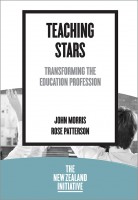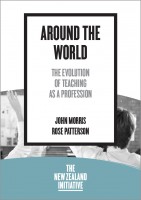Madam Ong and the haircut hullabaloo
In 2012, Madam Ong laid a police complaint against her son’s teacher who had cut his hair prior to an exam and threatened to deduct marks for his scruffy haircut. Singapore’s Minister of Education, Mr Heng Swee Keat, contacted the school for their story and publicly agreed with one media commentator, that Madam Ong had caused a hullabaloo. Read more



